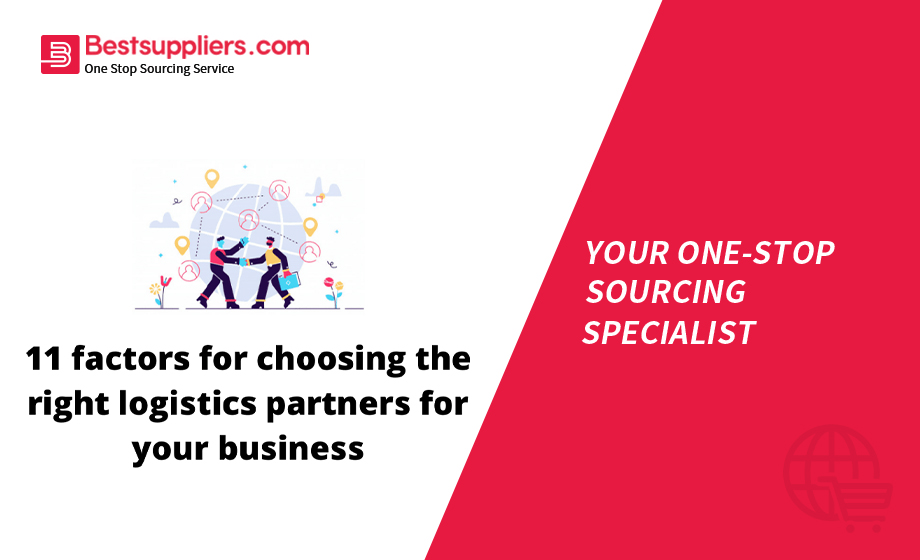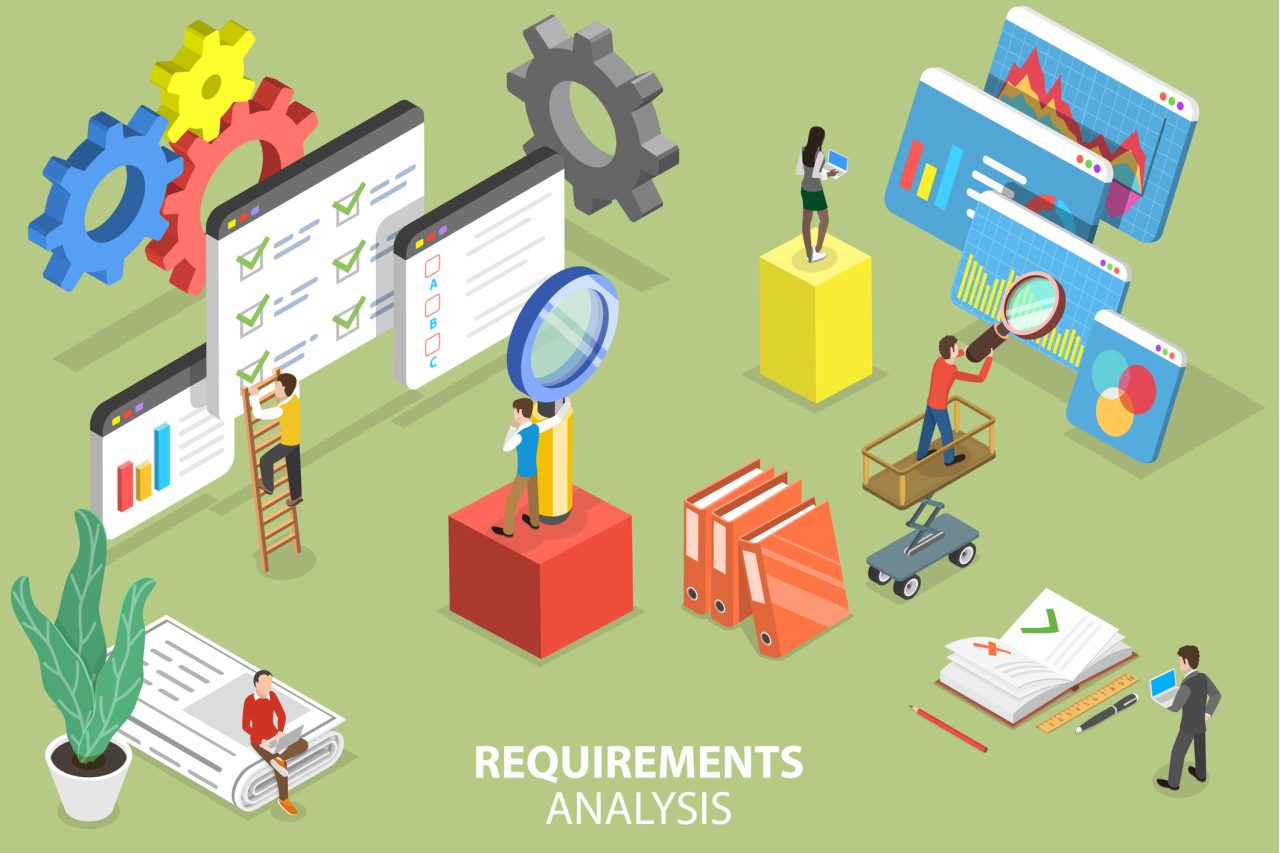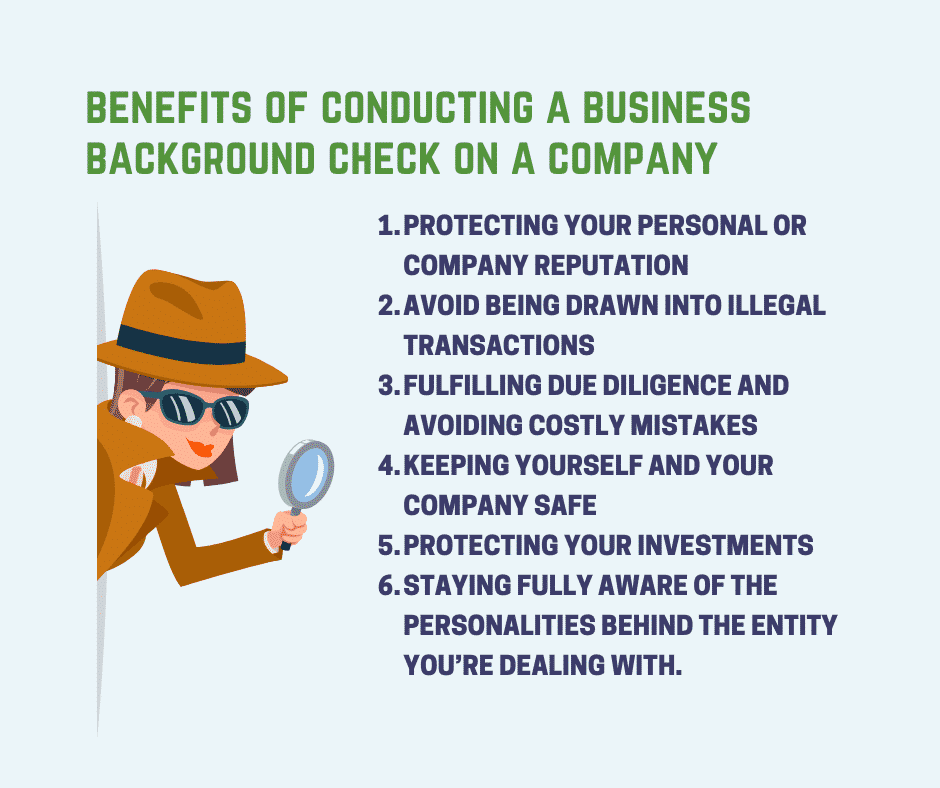11 Tips to Choose the Right Logistics Partner

Introduction
In the dynamic and interconnected business landscape of today, efficient and reliable logistics play a crucial role in the success of any enterprise. From streamlined supply chains to timely deliveries, selecting the right logistics partner can significantly impact the overall performance and growth of your business. This article delves into the importance of making an informed choice when it comes to a logistics partner and explores the various aspects you should consider during the selection process.
Importance of Choosing the Right Logistics Partner
When it comes to ensuring a seamless flow of goods and services, the significance of selecting the right logistics partner cannot be overstated. A competent logistics partner can positively influence your business by enhancing efficiency, reducing operational costs, and improving customer satisfaction. On the contrary, an ill-suited partner can lead to delayed deliveries, damaged goods, and dissatisfied clients, which can tarnish your reputation and hinder business growth.
How a Good Logistics Partner Enhances Your Business
A good logistics partner can be a game-changer for your business, revolutionizing the way you operate and impacting various aspects that contribute to overall success. a good logistics partner goes beyond just moving goods from one point to another; they become an integral part of your business's success story. With enhanced supply chain efficiency, improved customer satisfaction, cost optimization, and access to advanced technologies, such a partner propels your business toward growth and long-term sustainability. By aligning your business with a reliable logistics partner, you gain a competitive edge and the ability to focus on strategic aspects that drive your business forward.
Assess Your Business Requirements
A. Understanding Your Logistics Needs
The first step in selecting the ideal logistics partner is to gain a comprehensive understanding of your business requirements. This involves analyzing the intricacies of your supply chain, identifying pain points, and determining areas where improvements can be made. By conducting a thorough evaluation, you can align your logistics needs with a partner that can address your specific challenges and contribute to your business's growth.
B. Identifying Specific Transportation and Warehousing Needs
Different businesses necessitate diverse transportation and warehousing solutions. Whether you require temperature-controlled storage for perishable goods or specialized handling for hazardous materials, it is essential to identify your unique requirements. This ensures that the chosen logistics partner possesses the expertise and resources to meet your specific demands.
C. Analyzing Seasonal and Volume Fluctuations
Seasonal fluctuations in demand and varying shipment volumes are common occurrences in most industries. An excellent logistics partner should be capable of adapting to these fluctuations, ensuring seamless operations even during peak periods. By analyzing their capacity to handle varying volumes, you can gauge the partner's ability to sustain a reliable supply chain throughout the year.

Research and Background Check
A. Look for Established and Experienced Logistics Providers
While the market may be flooded with logistics providers, opting for an established and experienced partner can significantly mitigate risks and enhance the efficiency of your supply chain. Seasoned providers often boast a wealth of industry knowledge, established networks, and proven track records, instilling confidence in their ability to handle your logistical needs.
B. Check the Reputation and Track Record of Potential Partners
Reputation is a telling indicator of a logistics partner's performance. Conduct thorough research and scrutinize their track record, paying attention to their history of timely deliveries, customer satisfaction levels, and handling of challenges. Positive testimonials and endorsements from satisfied clients provide valuable insights into the partner's reliability and effectiveness.
C. Seek References and Customer Reviews
To gain a clearer understanding of a potential logistics partner's performance, don't hesitate to seek references from their existing clients. Customer reviews and testimonials can offer unbiased opinions about the partner's strengths and limitations, helping you make a more informed decision.

Geographic Coverage and Network
A. Assess the Reach and Distribution Network of the Logistics Partner
A well-established logistics partner should possess a wide-reaching distribution network that spans key regions and markets relevant to your business. A broad network not only facilitates efficient transportation but also enables you to access new markets and expand your customer base.
B. Consider Global Capabilities for International Shipments
For businesses with international operations, a logistics partner with global capabilities is essential. An adept partner should be well-versed in international shipping regulations, and customs procedures, and possess a network of reliable partners worldwide. This ensures smooth and timely delivery across borders, minimizing the risk of customs-related delays or compliance issues.
Technological Capabilities
A. Analyzing the Use of Advanced Technology and Software
In the rapidly evolving digital era, technological capabilities can significantly influence the efficiency and accuracy of logistics operations. Look for a partner that leverages cutting-edge technologies such as GPS tracking, real-time inventory management, and data analytics to optimize their processes and provide you with transparent insights into your supply chain.
B. Ensuring Compatibility and Integration with Your Systems
To achieve seamless collaboration between your business and the logistics partner, it is crucial to verify the compatibility and integration of their systems with yours. The ability to share data and synchronize operations enhances visibility and enables timely decision-making.

Service Offerings
A. Evaluating Core Services Provided (Freight, Warehousing, etc.)
Assess the core services offered by the logistics partner, such as freight transportation, warehousing, and order fulfillment. A comprehensive range of services under one roof can simplify your logistics management and reduce the need for dealing with multiple service providers.
B. Assessing Specialized Services (Temperature-Controlled, Hazardous Goods, etc.)
For businesses dealing with specialized goods like pharmaceuticals, perishables, or hazardous materials, it is vital to ensure that the logistics partner possesses the necessary expertise and certifications to handle such cargo safely and efficiently.
Compliance and Certifications
A. Ensuring Regulatory Compliance (Customs, Safety, etc.)
Adhering to various regulatory requirements is critical in the logistics industry. A reliable partner should demonstrate strict compliance with customs regulations, safety standards, and other legal obligations. Failure to comply can result in significant disruptions to your supply chain and potential legal liabilities.
B. Verifying Industry Certifications (ISO, IATA, etc.)
Industry certifications such as ISO (International Organization for Standardization) and IATA (International Air Transport Association) are indicative of a logistics partner's commitment to quality and best practices. Verifying these certifications can bolster your confidence in their ability to deliver consistent and reliable services.

Cost and Pricing Structure
A. Understanding the Pricing Model (Flat Rate, Volume-based, etc.)
Transparent and clear pricing models are essential when choosing a logistics partner. Understand the pricing structure, whether it is based on a flat rate, volume-based pricing, or other arrangements. This clarity ensures that you can accurately forecast and budget your logistics expenses.
B. Transparent and Competitive Pricing
While cost is a crucial consideration, it is equally important to prioritize transparency in pricing. A logistics partner should be upfront about all costs, including any additional fees or surcharges. Moreover, comparing the partner's pricing with other competitors in the market can help you determine the best value for your investment.
Customer Service and Support
A. Evaluating Responsiveness and Accessibility
Prompt and reliable customer service is vital in the logistics industry, where unforeseen challenges can arise at any moment. Evaluate the logistics partner's responsiveness and accessibility, ensuring that you can reach them swiftly in case of urgent issues or queries.
B. 24/7 Support and Communication Channels
Logistical operations often extend beyond standard business hours. As such, it is beneficial to partner with a logistics provider that offers 24/7 support and multiple communication channels (email, phone, chat) to cater to your needs around the clock.

Risk Management and Contingency Plans
A. Understanding the Logistics Partner's Risk Management Strategies
Logistical operations can be subject to various risks, such as weather-related disruptions, equipment failures, or unexpected events. A competent logistics partner should have well-defined risk management strategies in place to mitigate the impact of such incidents on your supply chain.
B. Assessing Disaster Recovery and Contingency Plans
Disasters and emergencies can strike unexpectedly, potentially disrupting your business operations. Ensure that your logistics partner has robust disaster recovery and contingency plans in place to respond swiftly and effectively to crises.
Sustainability and Green Initiatives
A. Considering Environmental Responsibility and Sustainability Efforts
Environmental responsibility has become a key consideration in modern business practices. Partnering with a logistics provider that prioritizes sustainability and implements green initiatives can align your brand with eco-conscious values and attract environmentally-aware customers.
B. Assessing Carbon Footprint and Eco-friendly Practices
Evaluate the partner's carbon footprint and eco-friendly practices, such as fuel-efficient transportation, recycling programs, and alternative energy sources. Minimizing the ecological impact of your logistics operations can contribute to your corporate social responsibility efforts.

Contract Terms and Flexibility
A. Understanding Contractual Obligations and Service Level Agreements
Before finalizing the partnership, thoroughly review the contract terms and service level agreements (SLAs). Pay close attention to clauses related to service guarantees, penalties for breaches, and termination conditions to ensure a fair and mutually beneficial arrangement.
B. Evaluating Flexibility in Scaling Services
As your business evolves, your logistics requirements may change. A flexible logistics partner can accommodate your evolving needs and seamlessly scale their services to match your growth trajectory.
Conclusion
In conclusion, choosing the right logistics partner is a critical decision that can significantly impact your business's success. By carefully assessing your business requirements, conducting extensive research, and considering various factors such as geographic coverage, technological capabilities, service offerings, compliance, and pricing, you can make an informed and strategic choice. A competent logistics partner will enhance your business by streamlining operations, improving customer satisfaction, and ensuring a sustainable and efficient supply chain. Remember, a well-chosen logistics partner is not just a service provider but a strategic ally that propels your business toward growth and success.

